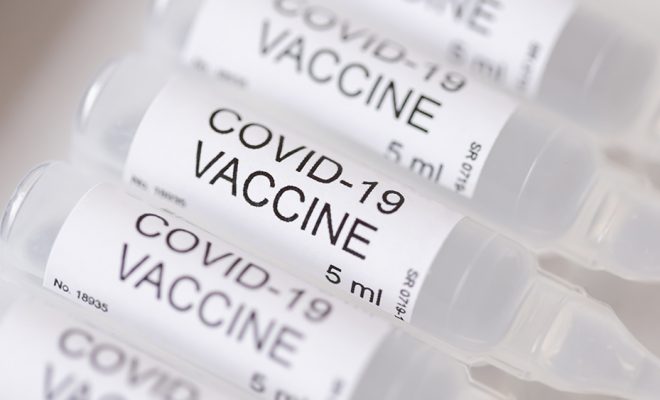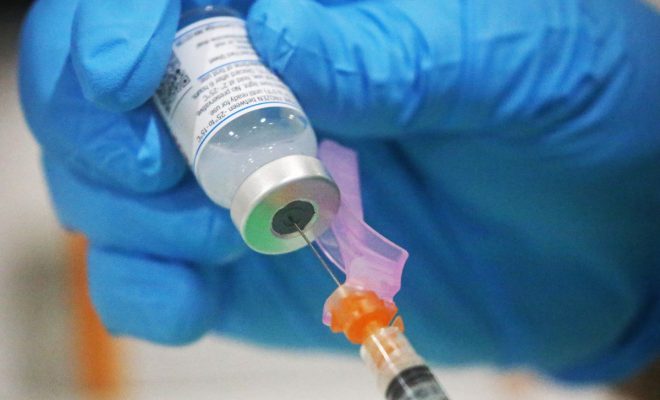Pentagon to start vaccinating troops with the Pfizer vaccine

The Department of Defense (DOD) is planning to inoculate 44,000 military personnel with Pfizer’s Wuhan coronavirus (COVID-19) vaccine as early as next week in what officials have called a “controlled pilot.”
According to Pentagon officials, initial doses of the Pfizer vaccine will go to a “limited” number of senior military officials and officers. Included in this list are the Defense Secretary and Deputy Defense Secretary, the Chairmen and Vice-Chairmen of the Joint Chiefs and others. But the majority of the initial doses will go to military healthcare workers.
The doses will only cover a small fraction of what the military needs to vaccinate everyone in DoD care. This includes the one million active-duty personnel and more than nine million benefits-receiving veterans.
Shots to be limited to critical personnel
Pentagon officials could not say when they expect to have the entire force vaccinated. A chart that has been distributed to media shows that personnel involved in “critical national capabilities” as well as those expected to deploy outside the country are included in “Phase 1” of the military’s vaccination plan, but not part of the initial 44,000.
“It’s going to be contingent on how much vaccine, what different types of vaccine we get over a period of time that we would be able to tell you, based upon our schema, we expect to be able to do X hundreds of thousands by the end of January versus February,” said Assistant Secretary of Defense for Health Affairs Thomas McCaffery. “So it’s hard to give you a timeline now with so many questions to be determined in terms of which vaccine and how much we get and when we get it.”
McCaffrey added that what was important was that the military has developed a planned program for the vaccine’s dissemination.
“We are confident we will be able to use our plan to very quickly [disseminate the vaccine],” he added.
As part of the plan, the DoD has designated 16 sites as initial distribution sites for the vaccine. These include three sites abroad in Germany, Japan and South Korea.









